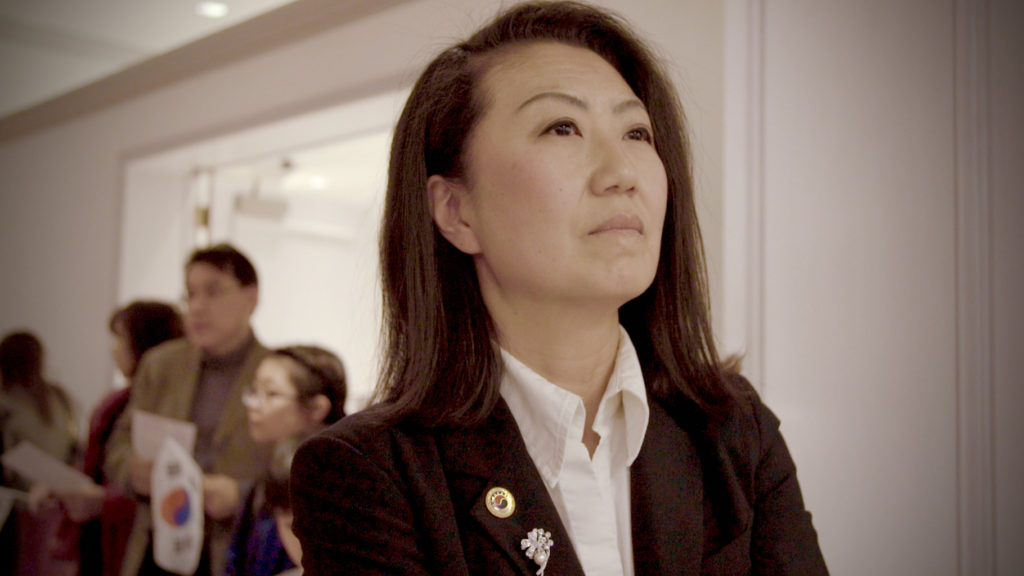The past few years have seen a record-breaking number of women running for office. Hillary Bachelder follows three of these women — Myya Jones, Bryn Bird, and Julie Cho — in her feature directorial debut, “Represent.” Although they come from very different backgrounds and are pursuing very different goals, each is an idealistic candidate determined to improve the political system from within.
Jones is a young Black Democrat hoping to be Detroit’s next mayor, and Bird is a Democrat who wants to make her rural Ohio community more progressive with her township trustee candidacy. Cho, a Korean immigrant, is a Republican running for state representative in the left-leaning Evanston, Illinois.
While each subject is open about her political views, which are often complicated, “Represent” is most interested in the machinations of mainstream politics — and the possibility, or lack thereof, of a newcomer breaking down its barriers. The doc also examines how Jones, Bird, and Cho’s unique identities — their race, gender, class, and age — impact their candidacies. The 22-year-old Jones, for instance, feels pressured to code-switch depending on whom she’s talking to, and many of her potential constituents are put off by how young she is. The fact that Bird is a woman poses a major obstacle, as the office she’s seeking is controlled by a conservative boys’ club. Cho, meanwhile, wants to make her party less white and male, but the party itself isn’t overly interested in supporting a woman candidate of color.
As we follow Jones, Bird, and Cho throughout their campaigns, we also get glimpses of the behind-closed-doors behaviors of the political establishment — and it’s not pretty. One of Bird’s colleagues makes an obnoxious comment about the age of #MeToo and political correctness, and an old white lady repeatedly uses the word “oriental” while speaking to Cho. Cho’s political opponent, a white woman, goes back and forth between barely acknowledging Cho’s existence and being blatantly disrespectful. Jones’ entire campaign is threatened by a technicality: she didn’t go to college in Detroit, so her residency is called into question.
Unsurprisingly, “Represent” is a fairly bittersweet film. It’s a pleasure to see these women actively deciding to be the change, but this is America, where democracy is fragile and misogyny is immortal — Jones, Bird, and Cho’s stories aren’t always happy ones. But I dare you to watch this doc and not feel hopeful. The subjects won’t be the last women to seek political office; thanks to them, it will easier for future generations to get elected and represent.
“Represent” is now screening via virtual cinemas.







